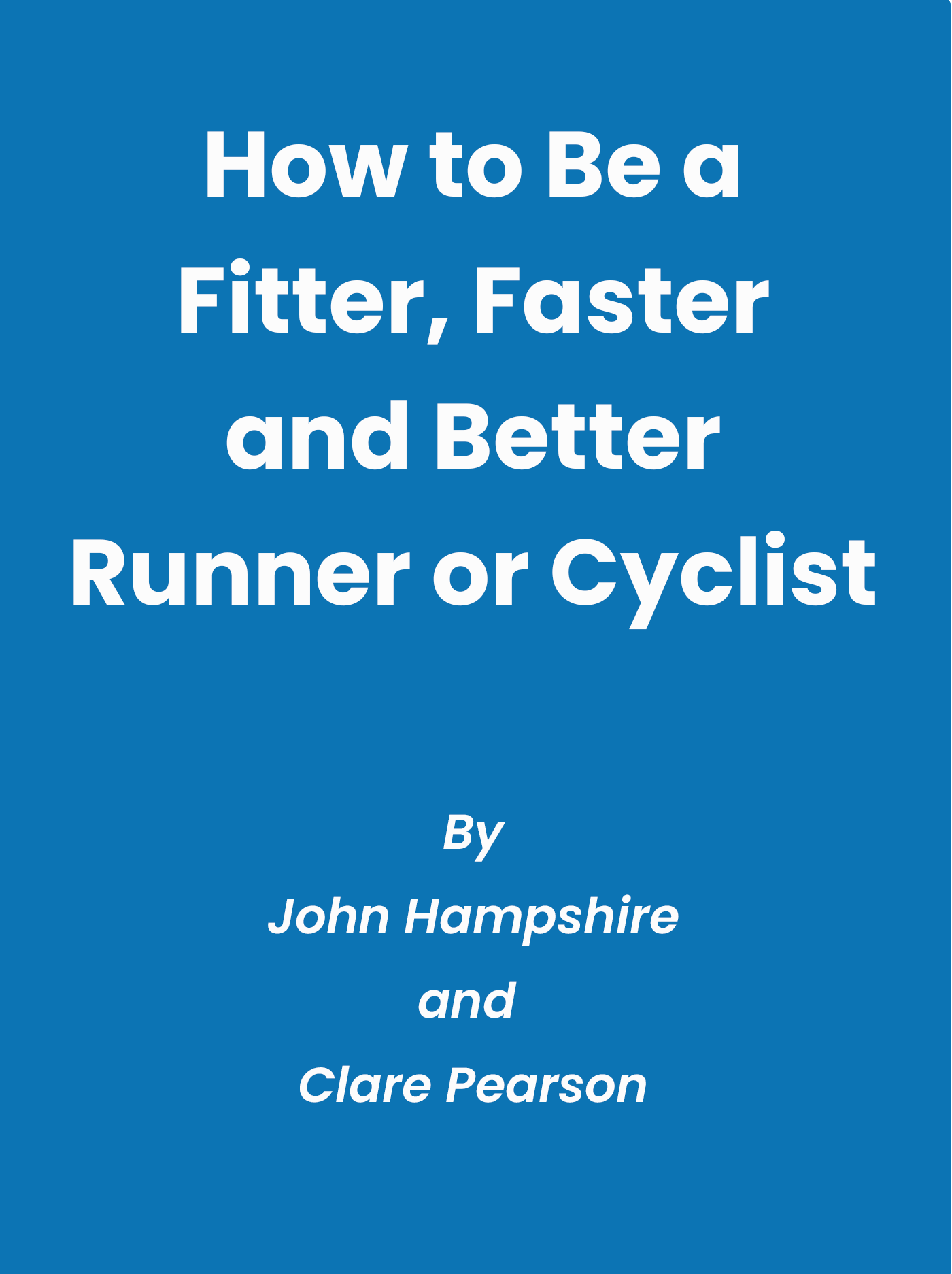How Cycling Helps my ADHD Brain Focus: Sam's Story of Movement and Mindfulness

As our awareness and understanding of neurodivergence grows more athletes are finding the courage to share their stories - from Rob Warner and Greg Minnaar, to Isla Short. In my work with neurodivergent people across many disciplines I've seen how endurance sport can become both a coping mechanism and a source of strength. For many, their neurodivergence not only helps them navigate life's challenges but also fuels their ability to excel - on the bike, in training and beyond.
I have known Sam for over ten years; we met just after she went on her first cycling training camp to Girona with the Adventure Syndicate. Since that key turning point, Sam has always cycled. As I write this Sam is riding round the North of Scotland for hours on end preparing for her next cycling event, Elements-Scotland run by Further Events.
Sam has been diagnosed with ADHD (Attention Deficit Hyperactivity Disorder); she does not take medication; she cycles.
Why Cycling Helps Sam Manage ADHD without Medication:
- Sam’s experience of medication as a child was not positive
- She has developed into an effective adult without medication
- Sam can be in complete control of her ‘dose’ of cycling and confident of the results
- Training provides structure and ‘I thrive on structure’
- Training provides the movement framework that she needs to be calm and focussed in her job
- The cycling community is an accepting bunch; she has finally found a place where she belongs
- Cycling allows her to get out of the industry of Glasgow into green open spaces which are calming and provide her with the emotional high she needs
- Sam is really good at cycling
Understanding ADHD: What It Feels Like and How it Affects Focus
ADHD is often described by a group of problematic behaviours that are expressed despite the desire of the person NOT to be that way.
These include:
- Very strong compunctions to move which must be fulfilled (inability to sit still)
- Overwhelming thoughts and feelings that can incapacitate (freeze) and distract
- Emotional impulsivity (angry outbursts, uncontrollable crying and doing something exciting without thinking about the consequences; distraction from a task when a more exciting one comes along)
- Cognitive impulsivity (doing things without thinking it through like running a red light to get to work on time)
- Difficulty waiting for an outcome (i.e. finishing people’s sentences because they are taking too long)
- Difficulty getting things in order (always losing stuff, forgetting appointments, unable to prioritise work tasks)
- Difficulty concentrating (making 'silly' mistakes, starting a task but not completing it because of noise/intrusive thoughts or something else).
Not everyone with ADHD will behave in the same way; some people might show more impulsivity (hyperactive) some people have more difficulty concentrating (distracted) and others have both hyperactivity and distraction (combined).
Most people do some of these things some of the time; for someone with ADHD they do at least 5 (as listed by the Diagnositc and Statistical Manual of Mental Disorders, Fifth edition or DSM-V for short) of them most of the time across at least two areas of life (e.g. home and work).
This is not simply a case of bad habit formation as people often suggest, but the way the brain functions. If we think of habits as being formed through neural pathways which get stronger and stronger the more we do them, for someone with ADHD the neural pathways which enable us to concentrate, think before we speak, sit still, control our feelings, simply do not work; as if the circuit is interrupted. We can see this clearly in brain imaging where areas of the pre-frontal cortex that would light up to engage inhibitory response (i.e. stop you do something you might regret) do not light up for people experiencing the behaviours associated with ADHD.
What are the Advantages of ADHD?
As with most diagnoses and tools like DSMV, the focus is on the problems that present, however, there are arenas in which neurodivergence thrives.
When I asked Sam where she felt ADHD gave her the edge here is what she said:
- "When I’m motivated enough I can get loads done in half the time it takes everyone else";
- "When I’m focused, I’m REALLY focused to the exclusion of everything else"; and
- "I have loads of energy".
We also discussed her creativity: Sam runs her own business making beautiful brutalist pieces of jewellery (Pure Metal Jewellery) and when not on her bike she can be found in her workshop in Glasgow making these, running classes or at fairs selling her products.
Cycling and ADHD: How Movement Improves Focus and Calm
There is good evidence that aerobic sport can be a good intervention for people with ADHD. This article discusses some compelling studies which show that inhibitory response times increased (they become less emotionally impulsive/reactive) for people diagnosed with ADHD engaging in physical activity. This seems to be particularly the case for those engaging in regular exercise as opposed to a ‘one off bout’ of exercise, with cycling being specifically mentioned as a sport that is beneficial. The writers of the article also draw conclusions about how exercise has a positive effect on areas of the brain showing less function for people with ADHD traits, in particular enhancing the function of the prefrontal cortex, regulating neural activation thus increasing an individual’s ability to concentrate and their working memory.
Sam describes how cycling helps use up the pent up energy she feels inside providing her with periods of calmness and concentration for the day. She relates how, prior to cycling, she would go out, socialise and drink a lot not for the buzz of the drink but because the hang over the next day provided her with a period of calmness that she was otherwise unable to achieve. She can now experience this in a much healthier way with cycling.
Endurance sports like cycling are well known for helping us ‘clear our head’ and for Sam this is really important as she can ‘spiral’ into overwhelming negative thoughts and feelings causing her to freeze.
As she cycles and moves through changing scenery, Sam can become completely absorbed in the amazing views; the emotional high she can experience on her adventures provides a counterbalance for the anxiety that can overwhelm at other times.
Sam is very good at going long; her main discipline is long, tough bike packing events. My personal view is that because her brain has the capacity to completely focus to the exclusion of all else combined with an abundance of energy she can keep going on the bike for a long, long time. This particularly unique neurodivergence is something others would struggle to achieve without significantly more effort and emotional energy.
Perhaps most importantly Sam has found in the cycling community a place where she belongs and is accepted. As with most ultra endurance sports, it draws people from all walks of life, with all kinds of skills and people are delighted and interested to learn from each other and share the adventure. Here Sam can be herself and as herself excel and thrive.
Balancing Training, Recovery and Mental Health with ADHD.
When we first began working together, Sam was tired… too tired. As is often the case with people who use sport for both mind and performance she was finding it hard to take enough rest to recover from long rides and events.
We have worked on a weekly structure which has a mix of cycling and strength as well as easy/rest days, but keep this flexible, so if Sam does happen to double book something we can change things around as needed. We keep in good contact so we can keep the energy balance and I can back this up with the tools in TrainingPeaks and WKO5 to guide us.
Resting after long events can be tricky for an anxious mind and energetic body so keeping some short very easy movement in the plan sometimes works better than complete rest.
As Sam enjoys the structure of training we can tap into that joy so that we can manage the number of events she enters (there are so many to choose from). Because Sam likes to perform she is pretty good at deciding what events she can do well at and ones that are really ‘not for her’ a skill that is worth cultivating for anyone serious about performing in any discipline.
You can find out more about how we adapt coaching to different personalities in this blog.
If you would like to explore how to adapt your training to your own personality, whatever that may be, you can start by using our traffic light system. This simple spreadsheet helps you identify your personal triggers, patterns and solutions over time, supporting both performance and mental wellbeing.
What about the future?
For Sam, the future is definitely cycling. She now has sponsors for kit, bike and baggage and is looking forward to training and racing.
Further Elements-Scotland is next, but she also has her eye on Strathpuffer and some big plans for next year... watch this space!
Sign up to weekly insights via e-mail
Please share with your friends
Other articles you might like
Tags:
Cycle Training, Endurance Training, Coaching, ultra-cycling, sports psychology, ADHD, neurodivergenceOctober 18, 2025


Comments